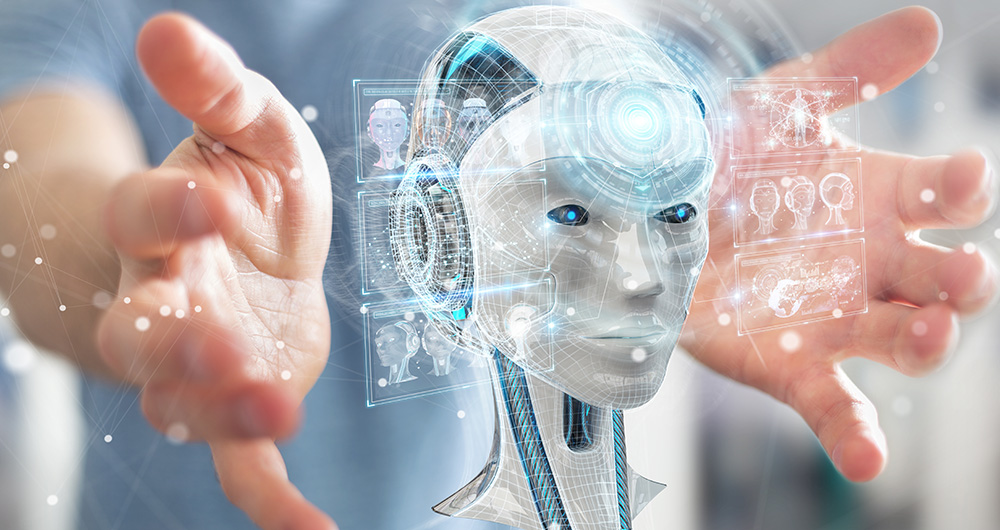11 posts found
How to build a citizen science initiative considering open data from the start
Citizen participation in the collection of scientific data promotes a more democratic science, by involving society in R+D+i processes and reinforcing accountability. In this sense, there are a variety of citizen science initiatives launched by entities such as CSIC, CENEAM or CREAF, among oth…
Data job offers: The most valued skills on the market
Almost half of European adults lack basic digital skills. According to the latest State of the Digital Decade report, in 2023, only 55.6% of citizens reported having such skills. This percentage rises to 66.2% in the case of Spain, ahead of the European average.
Having basic digital skills is essent…
Citizen science projects that encourage public knowledge
Citizen science is consolidating itself as one of the most relevant sources of most relevant sources of reference in contemporary research contemporary research. This is recognised by the Centro Superior de Investigaciones Científicas (CSIC), which defines citizen science as a methodology and a mean…
The importance of data literacy in the context of digital rights and the rise of artificial intelligence
Data literacy has become a crucial issue in the digital age. This concept refers to the ability of people to understand how data is used, how it is accessed, created, analysed, used or reused, and communicated.
We live in a world where data and algorithms influence everyday decisions and the opportu…
The importance of data fairness in artificial intelligence systems
Data equity is a concept that emphasises the importance of considering issues of power, bias and discrimination in data collection, analysis and interpretation. It involves ensuring that data is collected, analysed and used in a way that is fair, inclusive and equitable to all stakeholders, particul…
How AI is transforming employment
Artificial intelligence (AI) has revolutionised various aspects of society and our environment. With ever faster technological advances, AI is transforming the way daily tasks are performed in different sectors of the economy.
As such, employment is one of the sectors where it is having…
The impact of open data on the employment sector
Open data provides relevant information on the state and evolution of different sectors, including employment. Employment data typically includes labour force statistics and information on employees, as well as economic, demographic or benefits-related data, interviews, salaries, vacancies, etc.…
The latest news in natural language processing: summaries of classic works in just a few hundred words
Artificial intelligence is increasingly present in our lives. However, its presence is increasingly subtle and unnoticed. As a technology matures and permeates society, it becomes more and more transparent, until it becomes completely naturalized. Artificial intelligence is rapidly going down this p…
Citizen science and open data to help society
Some time ago we talked about the power of citizen science to generate open data. As we explained then, citizen science initiatives seek to encourage citizens to contribute to various scientific activities and research through their efforts, knowledge, tools and resources.
The participatory n…
GPT-3. Just another step in natural language processing?
Can you imagine an AI capable of writing songs, novels, press releases, interviews, essays, technical manuals, programming code, prescribing medication and much more that we don't know yet? Watching GPT-3 in action doesn't seem like we're very far away.
In our latest report on natural language proce…









